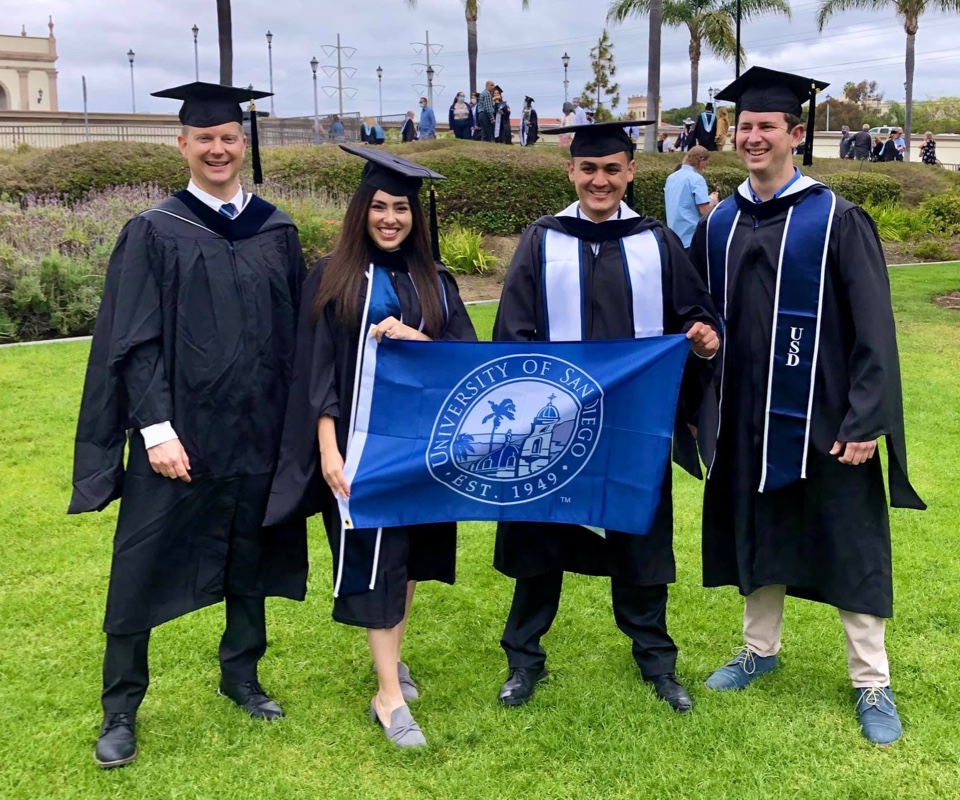MASTER’S DEGREE PROGRAMS
INCREASE YOUR VALUE AND ENHANCE YOUR SKILL SET.
Explore the University of San Diego’s diverse selection of master’s degree programs and discover your pathway to career success.

Master of Education
March 6

Master of Theological Studies - Franciscan Theology
March 6

MS in Applied Artificial Intelligence
March 6
July 6
May 1

MS in Applied Data Science
March 6

MS in Cyber Security Engineering
March 6
March 6
July 6
May 1

MS in Cyber Security Operations and Leadership
March 6

MS in Engineering Management and Leadership
March 6

MS in Engineering, Sustainability and Health
March 6

MS in Health Care Informatics
March 6
July 6
May 1
July 6

MS in Humanitarian Action
March 6

MS in Information Technology Leadership
March 6

MS in Law Enforcement & Public Safety Leadership
March 6

MS in Learning Design and Technology
March 6

MS in Nonprofit Leadership & Management
March 6

MSN in Nursing Leadership
March 6
A LIFE-CHANGING DECISION
WHY CHOOSE USD?
When you select the University of San Diego, you are joining a prestigious, top-ranked institution that is focused on helping you achieve your goals. You’ll engage with expert instructors who have lived the topics they teach. And whether you earn your degree on campus or online, you’ll be fully supported throughout your academic program by a group of individuals entirely dedicated to your success.

